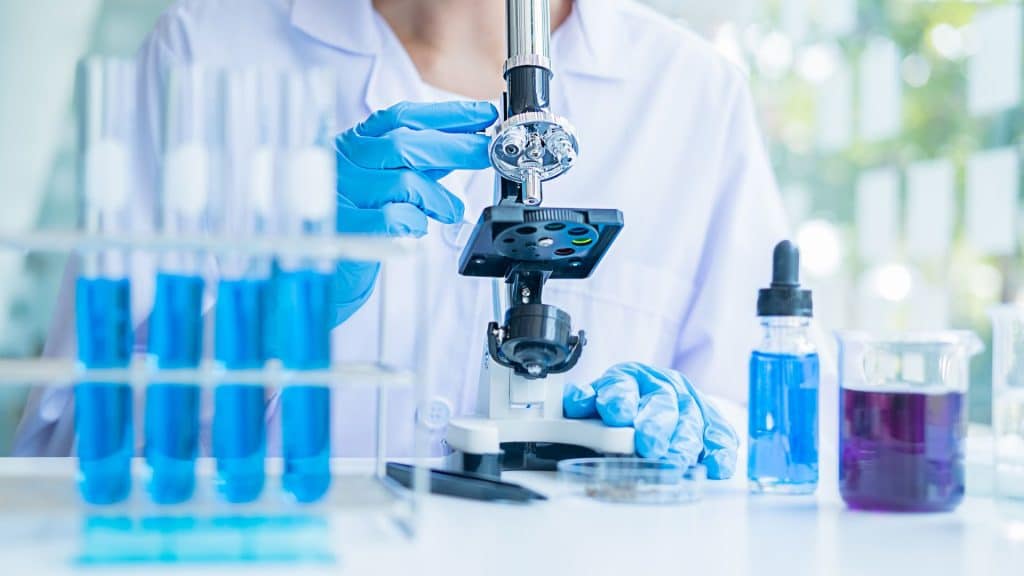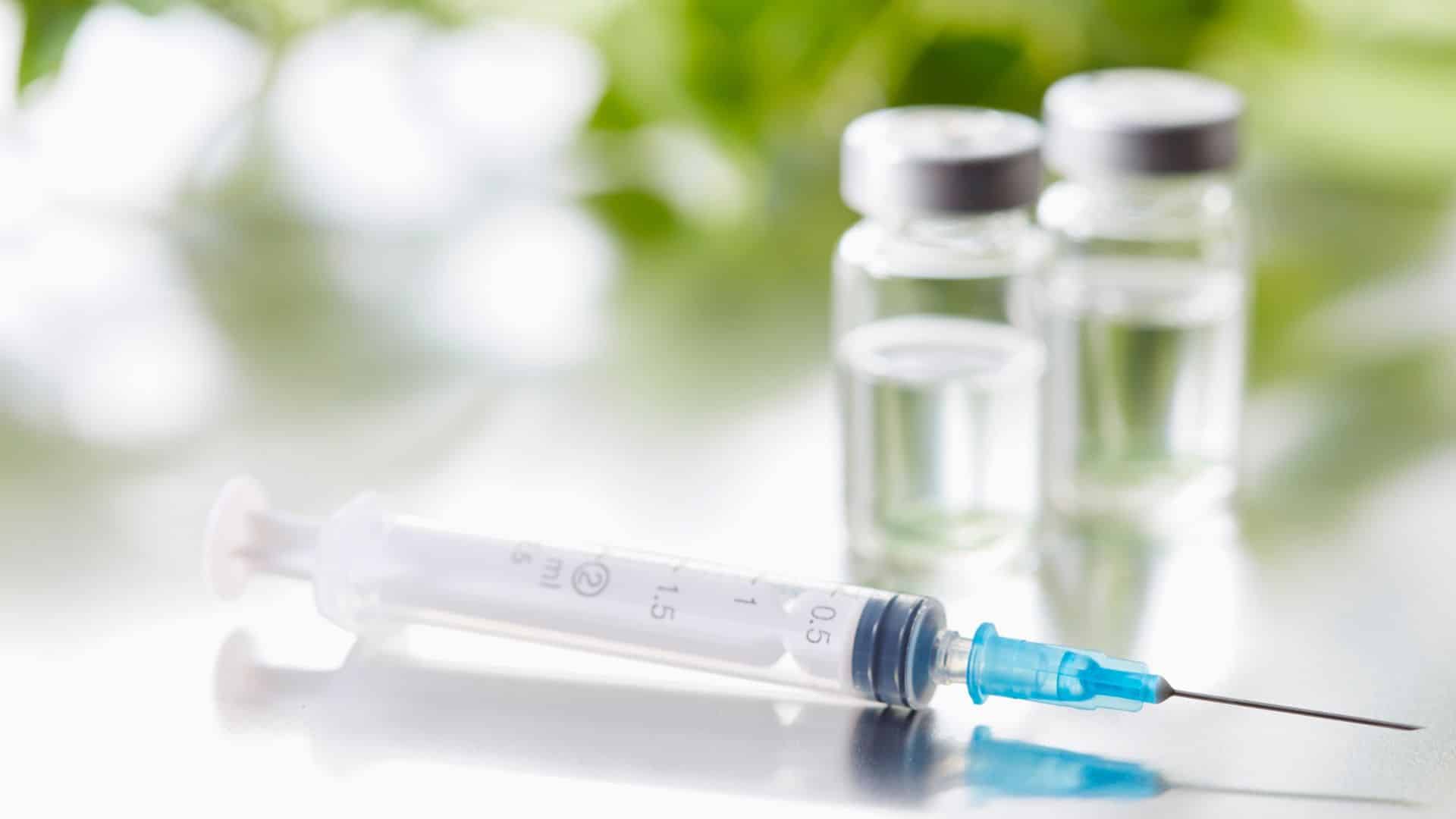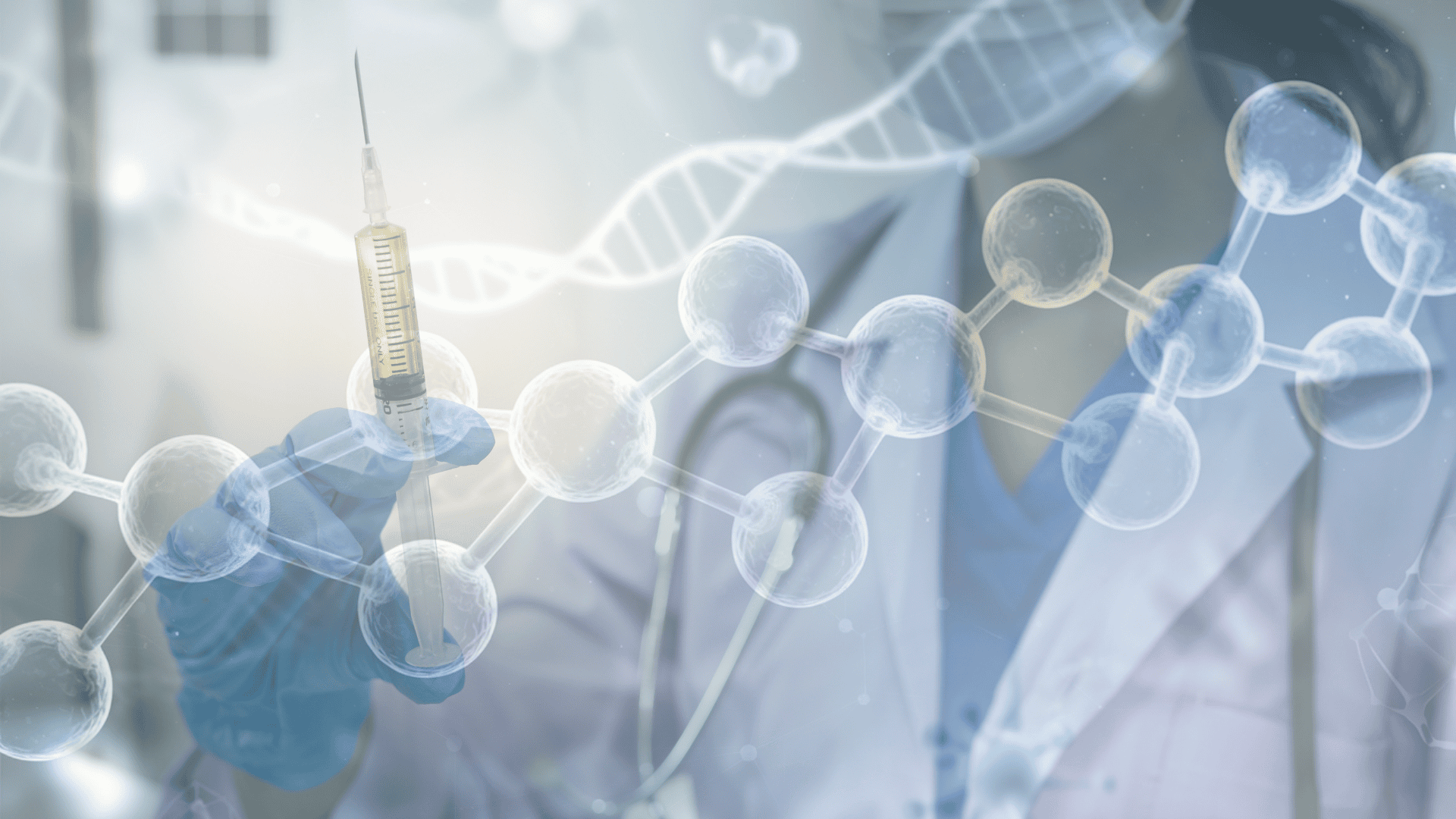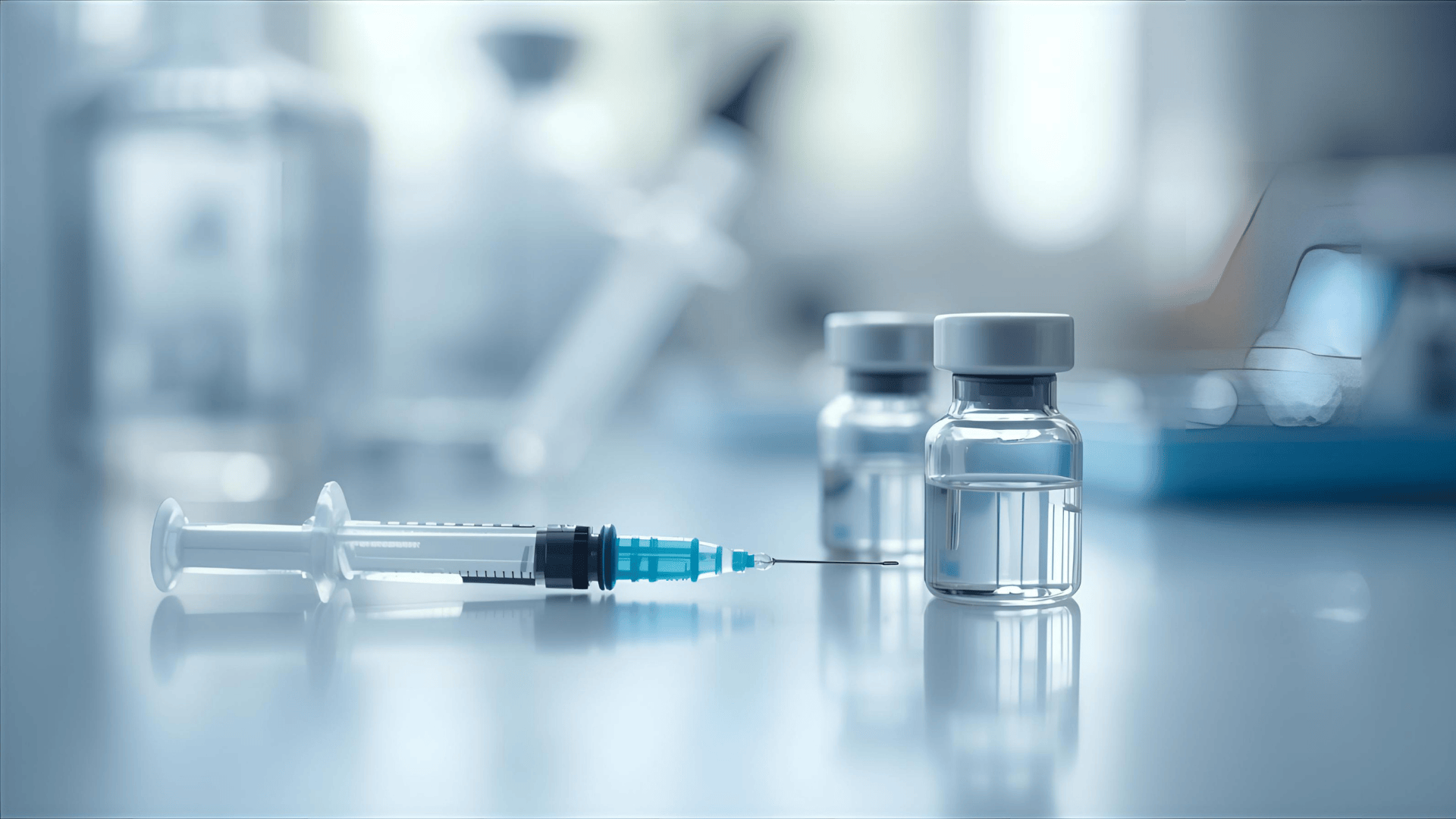Are you curious about how tiny protein fragments can help your body heal faster and function better?
Peptides for healing are gaining attention in modern medicine for their ability to support natural recovery processes.
These small molecules function like messengers in the body, instructing cells on what to do and when to do it.
Many people are turning to peptide therapy for diverse goals, including recovery support, improved sleep quality, and healthier aging.
In this blog, you’ll learn what healing peptides are, how they work in your body, their proven benefits, and the different ways they can be administered for optimal results.
How Do Healing Peptides Work?
Healing peptides bind to specific cell receptors and trigger biological responses that activate genes, produce proteins, and change cellular behavior.
Peptides target specific pathways without affecting other systems, focusing on particular tissues, unlike medications that work throughout your body.
Here are the main ways healing peptides function in your body
- They stimulate the release of growth hormone, promoting tissue repair and regeneration.
- They fine-tune immune signaling, preventing the body from overreacting to stress or injury.
- They improve blood flow to injured areas by affecting blood vessel function.
- They accelerate protein synthesis, which is necessary for building new tissues.
- They protect cells from damage caused by stress or injury.
- They regulate sleep patterns and recovery cycles.
This targeted approach reduces adverse reactions compared to traditional pharmaceuticals since your body recognizes peptides as familiar, natural substances.
Common Types of Healing Peptides
Several healing peptides are used in therapeutic applications today. Each targets different aspects of healing based on structure and function.
Most studied peptides fall into categories based on primary functions. Some focus on growth while others control inflammation.
| Peptide Type | Primary Function | Common Applications |
|---|---|---|
| Growth Hormone Peptides | Stimulate tissue growth | Muscle building, anti-aging |
| Antimicrobial Peptides | Fight infections | Wound healing, immune support |
| Collagen Peptides | Support skin structure | Skin health, joint support |
| Neuropeptides | Brain function | Mood, cognitive health |
| Thymic Peptides | Immune regulation | Autoimmune conditions |
These different types enable healthcare providers to select the most suitable peptide therapy for each patient’s unique health needs and goals.
Benefits of Peptide Therapy for Healing

Peptide therapy offers numerous advantages for people seeking natural approaches to health and healing with fewer side effects than traditional medications.
Faster Wound Healing
Certain peptides can accelerate the repair of cuts, burns, and surgical wounds by promoting new cell growth and tissue regeneration processes.
Reduced Inflammation
Anti-inflammatory peptides help control swelling and pain while supporting the body’s natural healing processes effectively without causing additional complications or side effects.
Improved Immune Function
Immune-supporting peptides strengthen your body’s ability to fight off infections and recover from illness more quickly by enhancing natural defense mechanisms.
Enhanced Tissue Regeneration
Regenerative peptides stimulate the growth of new tissues, including muscle, bone, and connective tissue throughout the body for comprehensive healing support.
Better Sleep Quality
Sleep-regulating peptides help improve rest patterns, which are essential for proper healing and recovery from physical stress and daily wear and tear.
Scientific Evidence and Research on Peptide Therapy

Clinical studies have demonstrated that peptide therapy can effectively treat a range of health conditions. Research demonstrates the safety of many therapeutic peptides.
A 2023 study found wound-healing peptides reduced recovery time by 40% in patients with chronic wounds and infections.
Multiple studies examined the anti-aging effects of growth hormone peptides in older adults. Results showed improvements in muscle mass and bone density.
Recent research has investigated the potential use of peptides for treating autoimmune conditions and inflammatory diseases.
Early results suggest effective immune regulation without the traditional side effects of drugs.
Did You Know? Scientists have identified over 7,000 naturally occurring peptides in the human body, but only a small fraction have been studied for therapeutic use.
Applications of Healing Peptides in Medicine
Modern medicine uses healing peptides to treat a wide range of conditions and support various therapeutic goals.
These applications continue to expand as research reveals new potential uses for peptide-based treatments.
Healthcare providers prescribe peptides for both acute conditions that require immediate healing and chronic issues that need long-term management.
The versatility of peptide therapy makes it suitable for many different medical specialties.
Wound Care and Surgery
- Shortening recovery time after medical procedures.
- Supporting chronic condition management, such as long-term skin injuries.
- Enhancing tissue resilience in severe skin trauma cases.
- Reducing surgical complications.
The growing body of evidence supports the use of peptides in regenerative medicine and anti-aging treatments.
Many clinics now offer specialized peptide protocols designed to address specific patient needs and health goals.
How Is Peptide Therapy Administered?
Peptide therapy can be delivered through several methods, each with specific advantages depending on the treatment goals and the rate at which peptides are effective.
Healthcare providers select the administration method based on the specific peptide being used and the patient’s individual needs for optimal therapeutic results.
| Delivery Method | Absorption Rate | Duration | Best For |
|---|---|---|---|
| Injectable | Fast (minutes) | 4-6 hours | Systemic effects |
| Topical | Moderate (hours) | 6-8 hours | Localized treatment |
| Oral | Slow (hours) | 8-12 hours | Convenience |
| Nasal Spray | Fast (minutes) | 2-4 hours | Brain targeting |
Working with qualified healthcare providers ensures that your peptide therapy is safe and effective, tailored to your specific health needs, goals, and individual medical circumstances.
Wrapping It Up
In summary, healing peptides offer a promising approach to modern healthcare by working in conjunction with your body’s natural systems.
The scientific research backing their effectiveness continues to grow, making them an increasingly viable option for various medical applications.
As technology advances and more peptides are studied, their therapeutic potential will likely expand further.
These treatments represent a shift toward more personalized and targeted medicine that respects your body’s own healing mechanisms.
Whether you’re exploring options for recovery, wellness optimization, or addressing specific health challenges, peptide therapy may provide the natural solution you’ve been seeking.
What aspects of peptide therapy interest you most for your health goals?





